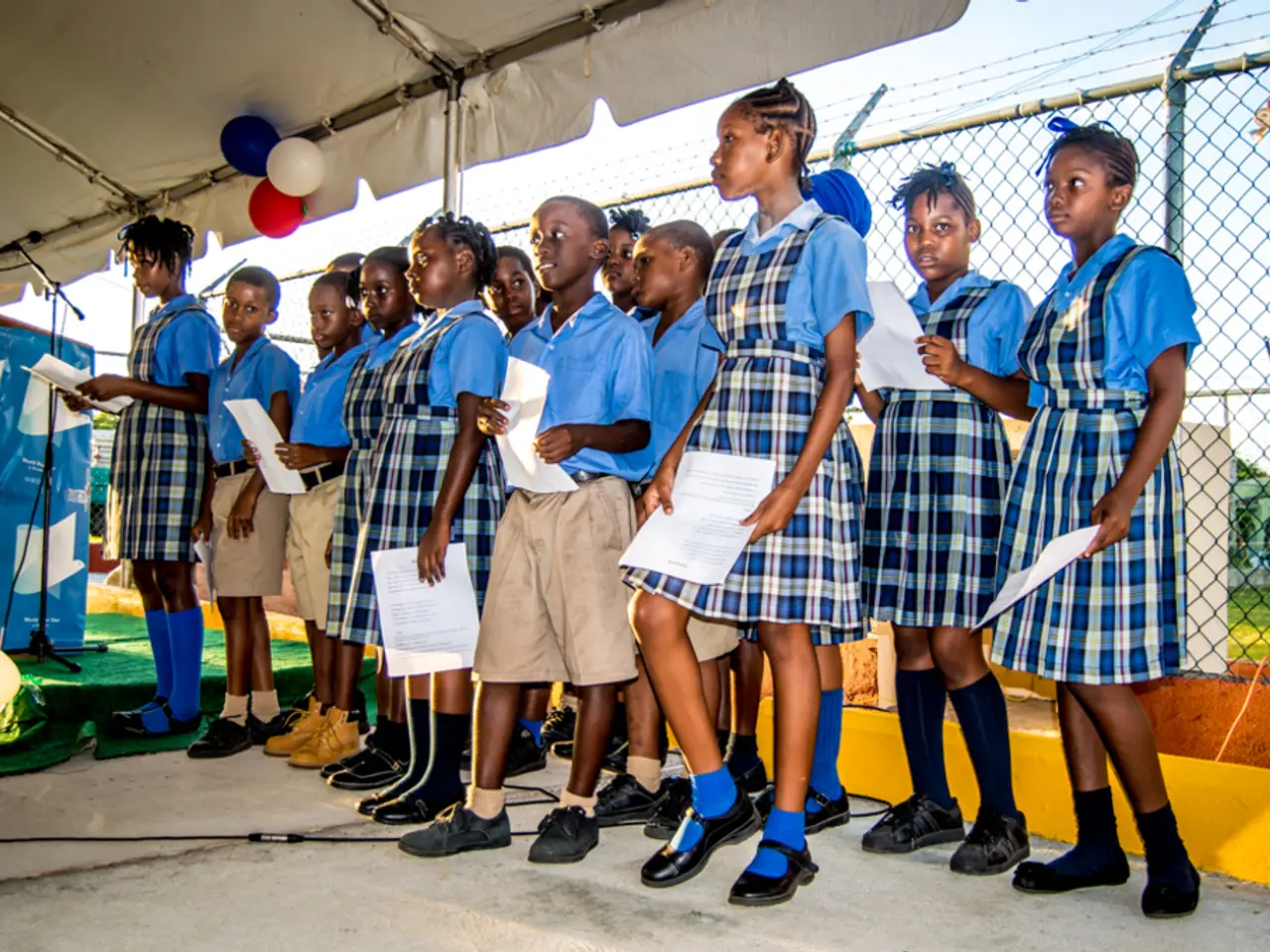Guarding the Defenseless, Educating Tomorrow
In the midst of the COVID-19 pandemic, the University of Rochester (UR) and the Mary Cariola Center joined forces to ensure the safety of students with Intellectual and Developmental Disabilities (IDD). The collaboration focused on frequent and accessible COVID-19 testing, tailored to the unique needs of individuals with IDD.
In April 2020, UR received a designation from the National Institutes of Health (NIH) as one of about a dozen Intellectual and Developmental Disabilities Research Centers (IDDRC) in the country. This designation strengthened the long-standing relationship between the Neuroscience community at the University and the Mary Cariola Center.
The partnership allowed for onsite and mobile testing, which was a necessary opportunity for many families due to trust factors. Karen Zandi, president, and CEO of the Mary Cariola Center, stated that testing was crucial to keep schools open for students with severe IDDs and complex medical needs.
John Foxe, director of the Del Monte Institute for Neuroscience, emphasised the importance of keeping students with IDD in school due to their unique needs for intensive sensory interaction, intervention, and socialization. In 2020, the UR-IDDRC and Mary Cariola took on a $4 million project, funded by the NIH Rapid Acceleration of Diagnostics-Underserved Populations (RADx-UP) program.
The project aimed to understand how COVID was spreading in the IDD population and provide onsite and mobile testing to reduce the burden on staff and students. Martin Zand, MD, PhD, and Christopher Seplaki, PhD, led the research, including collecting samples at the school and analysing the data.
The team collected and considered antibody levels from both vaccinations and illnesses. They established consistent COVID testing schedules to quickly identify and isolate cases, reducing the risk of spread among students and staff. Testing methods and communication were adapted to accommodate the unique needs of people with IDD, making the process less stressful and more effective.
The team met regularly over Zoom to respond quickly and adjust to the fluidity of studying an evolving virus within a school. Ann Dozier, PhD, chaired Public Health Sciences, was a co-investigator and led community engagement for the project. The shared mission of the medical center and the Mary Cariola Center was to keep the students safe during the COVID-19 pandemic.
Through this coordinated effort, they were able to maintain safer settings for students with IDD, minimising COVID exposure while supporting their continued education and wellbeing during the pandemic. The data collected by this study could change how organisations respond to airborne viruses in settings that support the IDD community in the future. The team is working on publishing observations about their findings to provide fruitful information to others living and working in the IDD community.
- In the realm of health and wellness, the collaborative effort between the University of Rochester (UR) and the Mary Cariola Center focused on chronic diseases such as COVID-19, particularly tailored to the unique medical-conditions of individuals with Intellectual and Developmental Disabilities (IDD).
- Recognizing the importance of research in the scientific community, UR was designated by the National Institutes of Health (NIH) as one of the dozen Intellectual and Developmental Disabilities Research Centers (IDDRC) in the country.
- The project, funded by the NIH Rapid Acceleration of Diagnostics-Underserved Populations (RADx-UP) program, aimed to provide fitness and exercise opportunities for individuals with IDD through onsite and mobile testing, thus reducing the burden on staff and students.
- In the broader context of education and self-development, the partnership between UR-IDDRC and the Mary Cariola Center prioritized mental health and personal-growth by adapting testing methods to accommodate the unique needs of people with IDD, making the process less stressful and more effective.
- The gathered data from this study, impacting the field of nutrition, could bring about changes in how organizations respond to airborne viruses in settings that support the IDD community in the future, ultimately leading to improved health and wellness for all.




